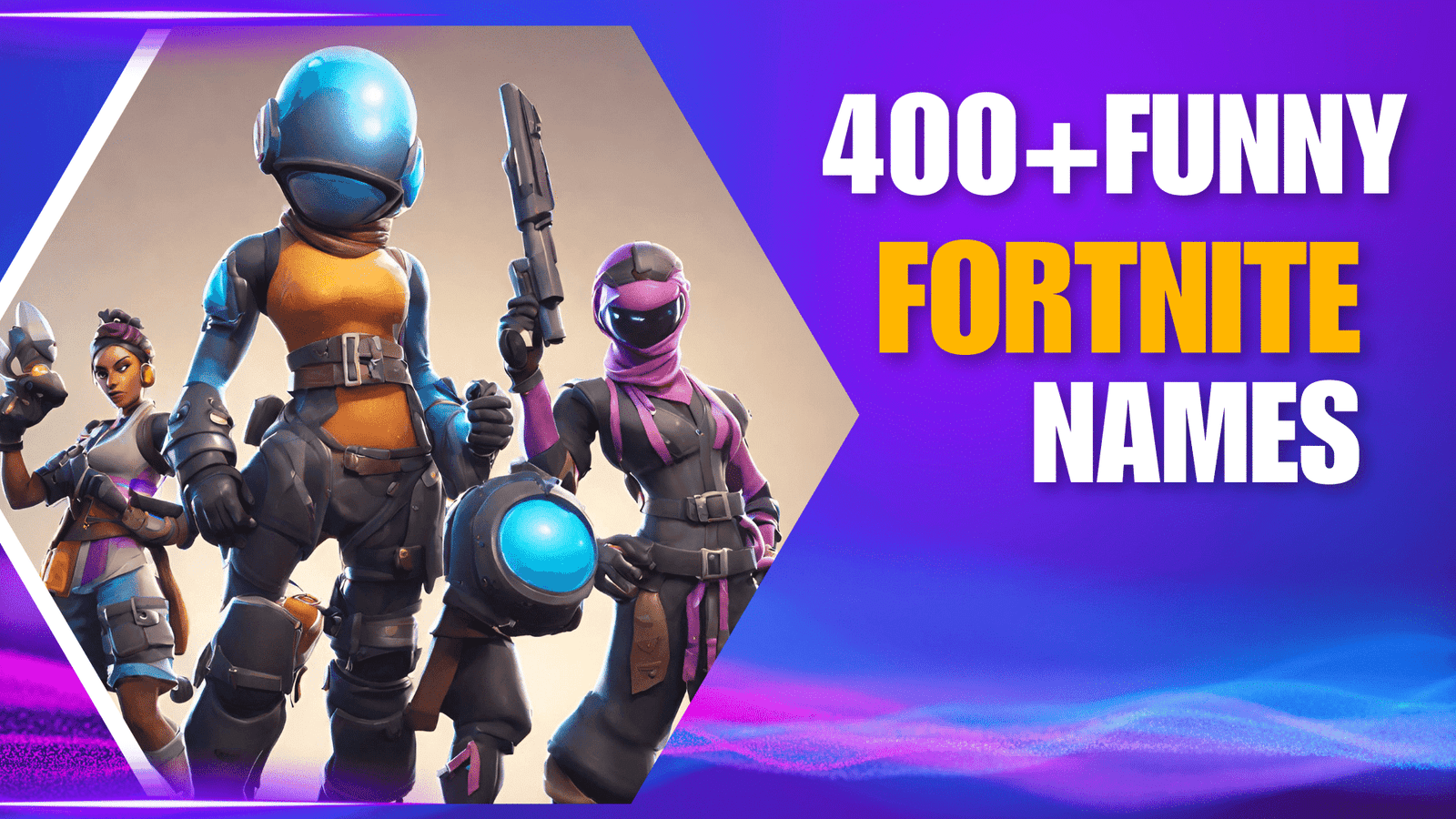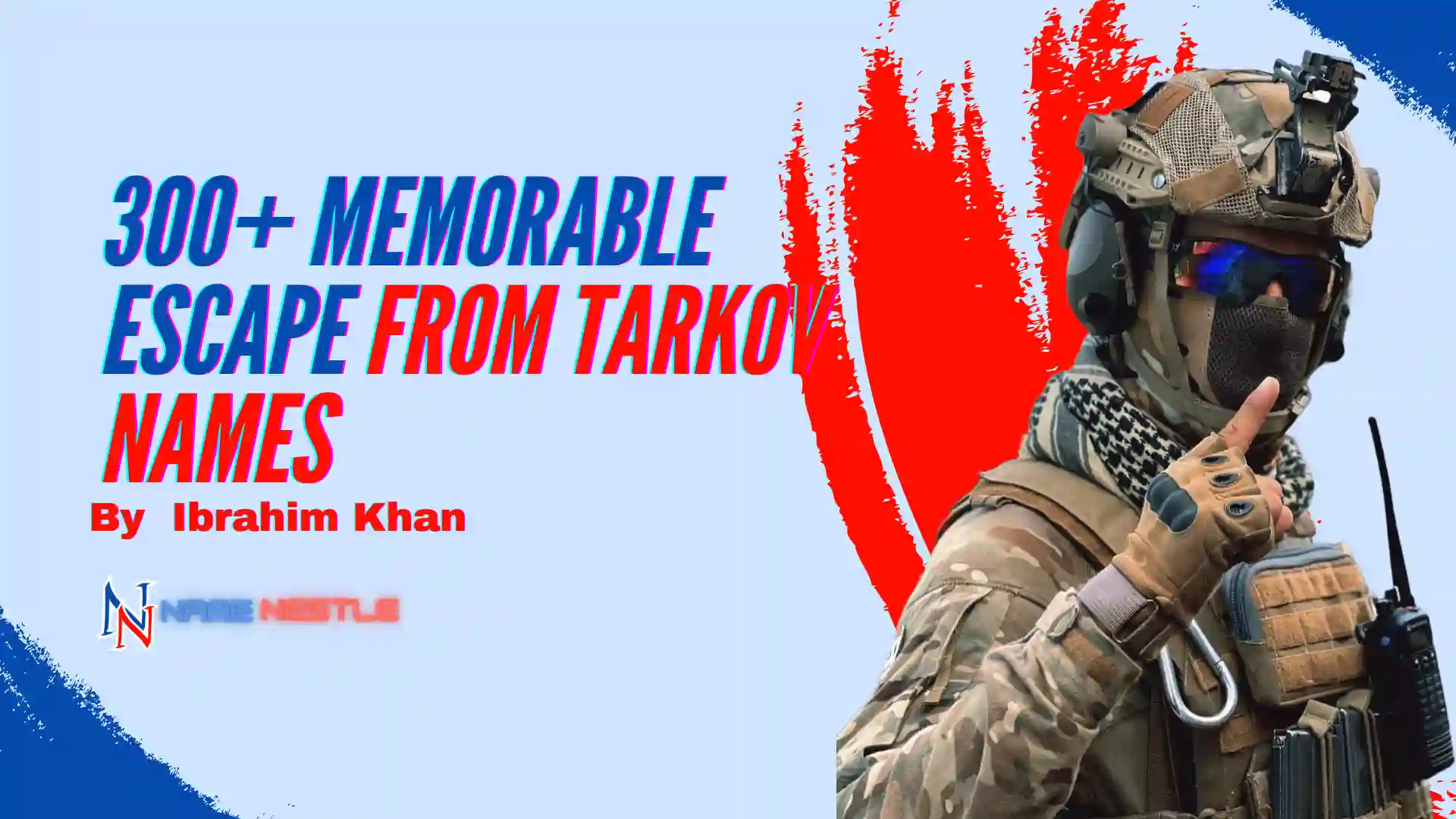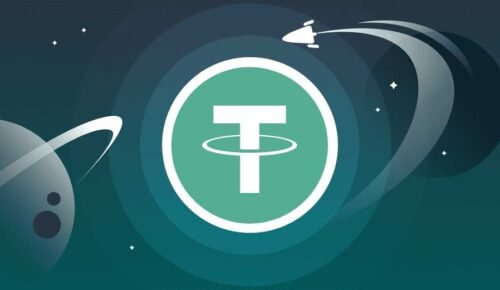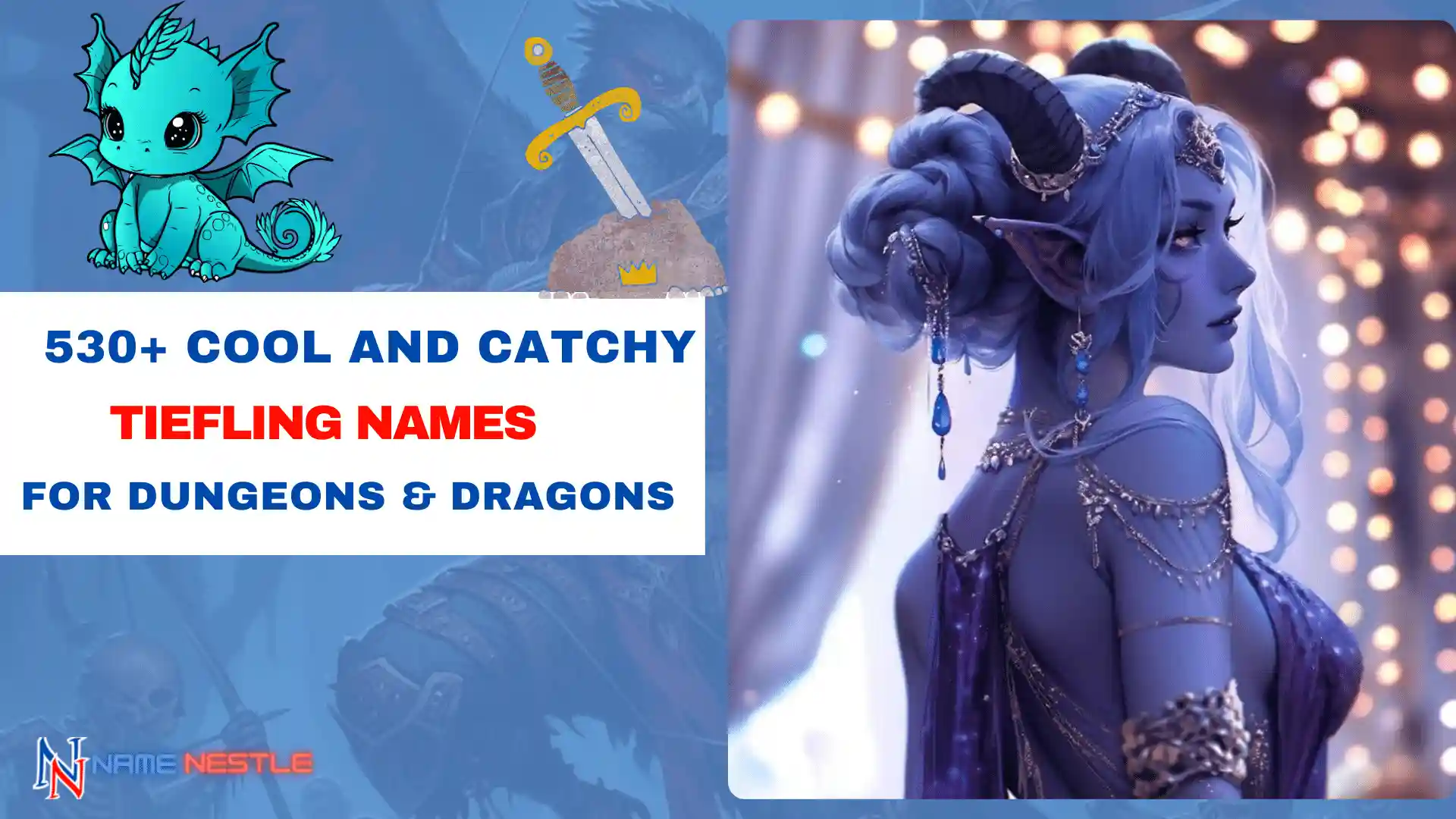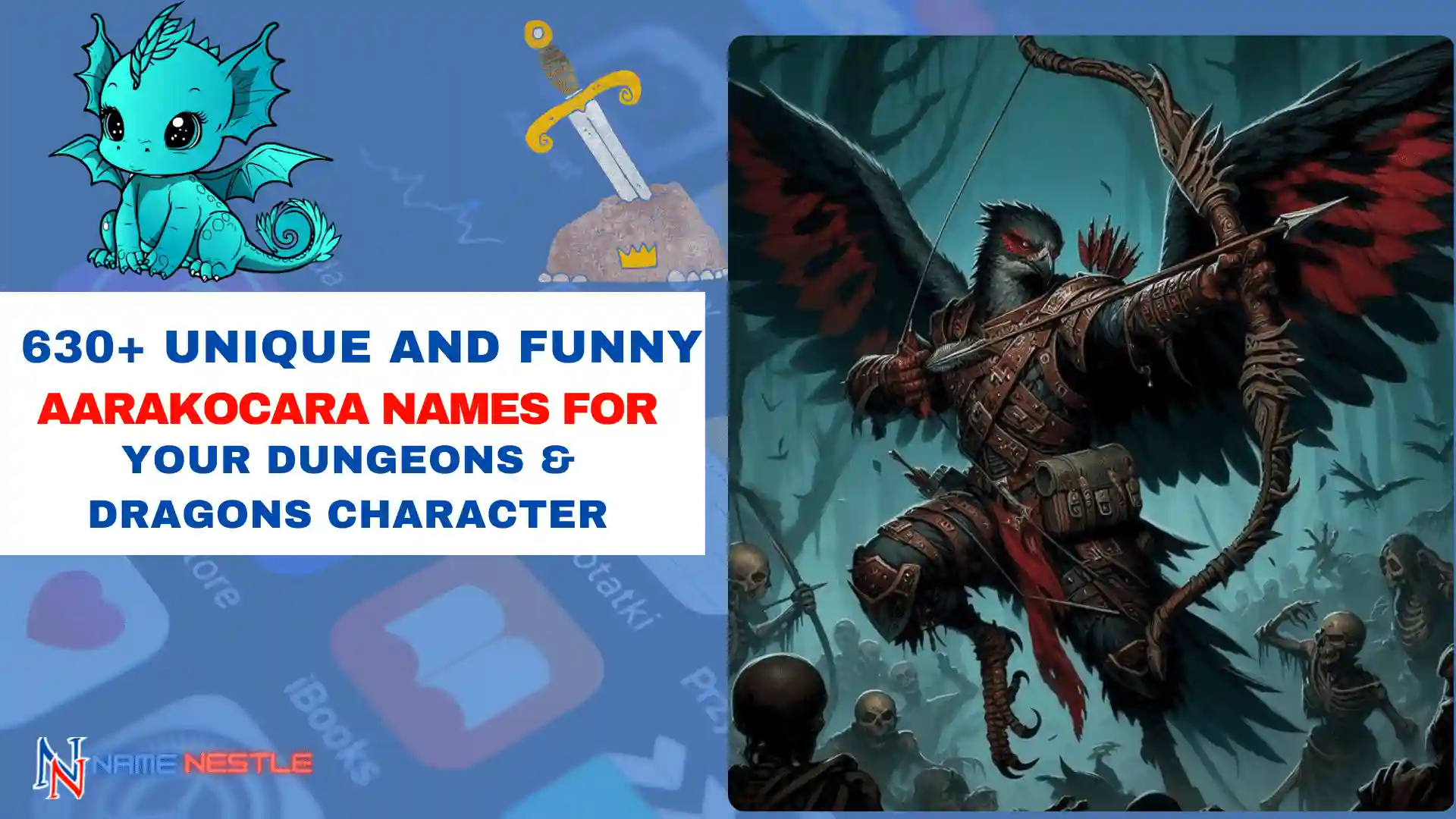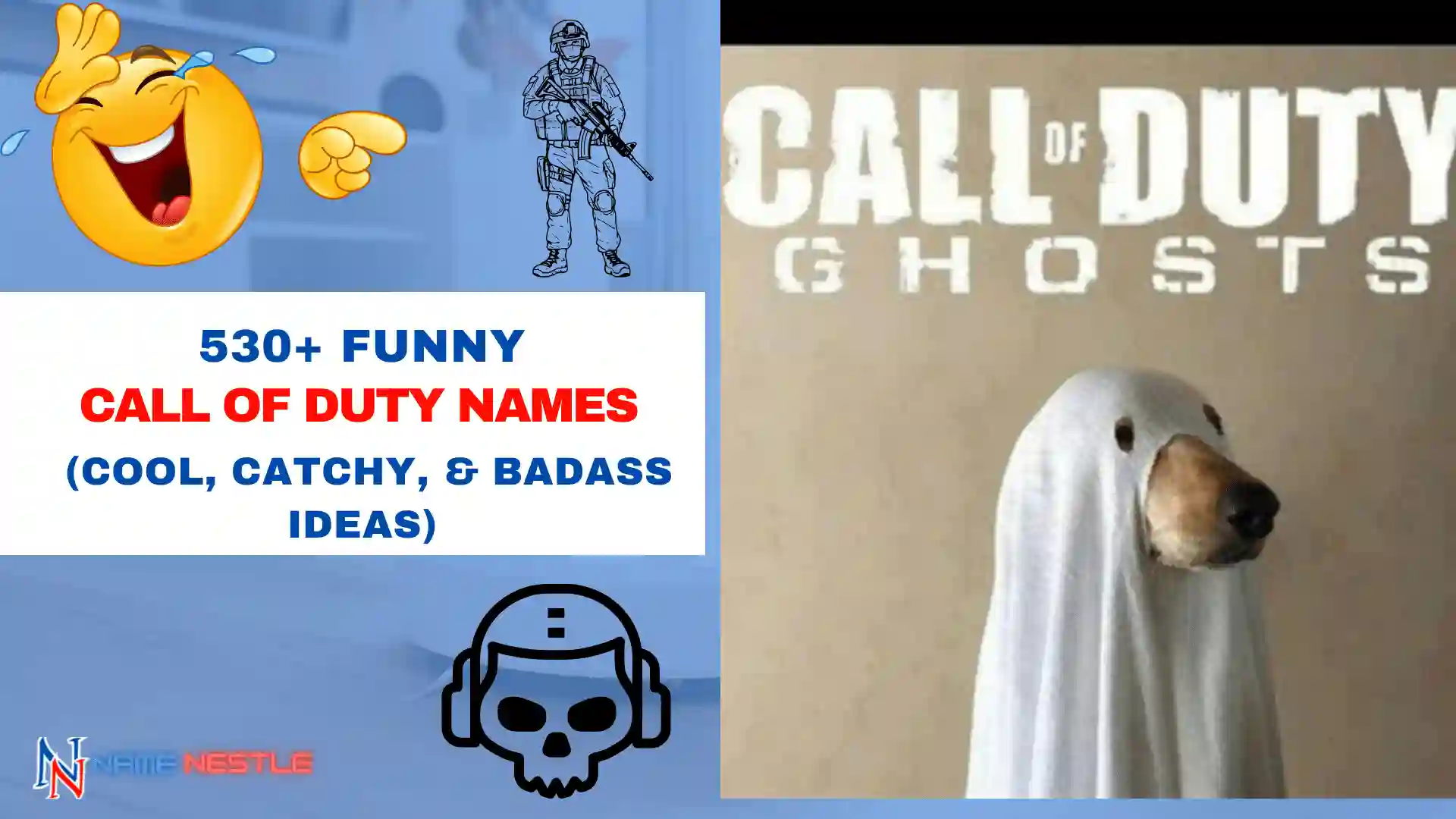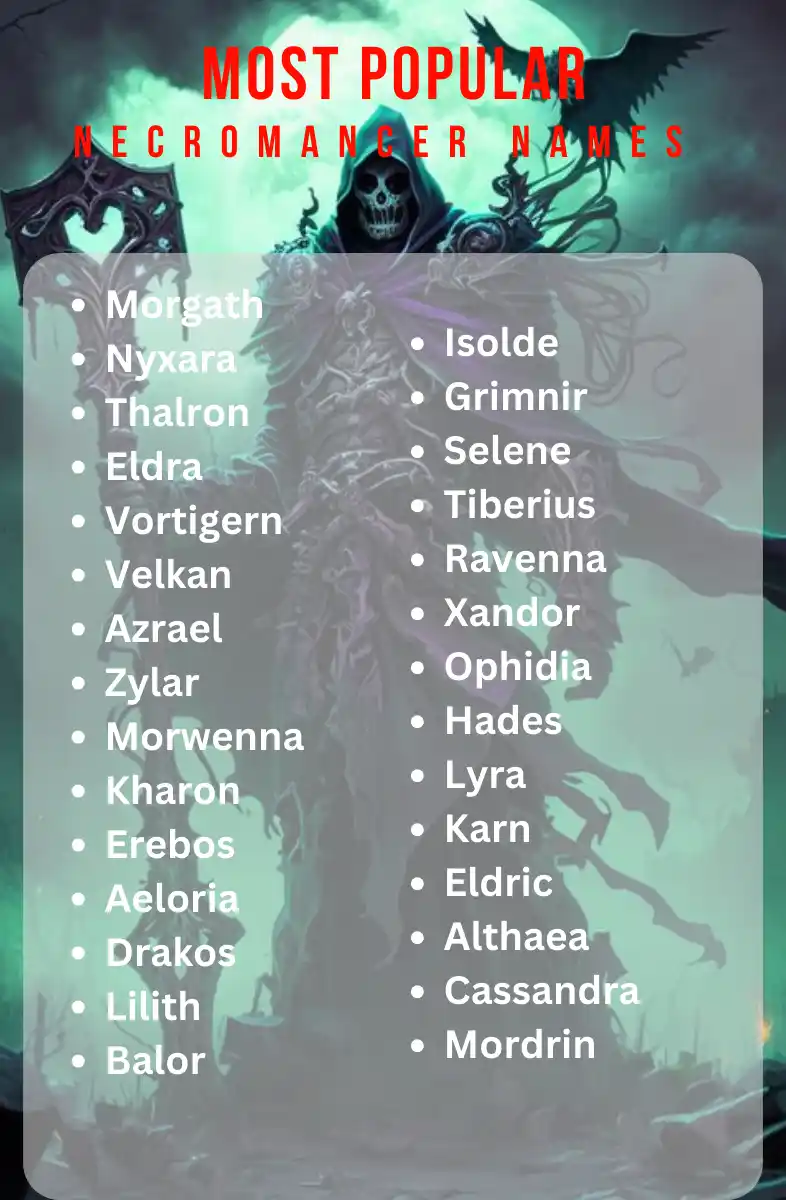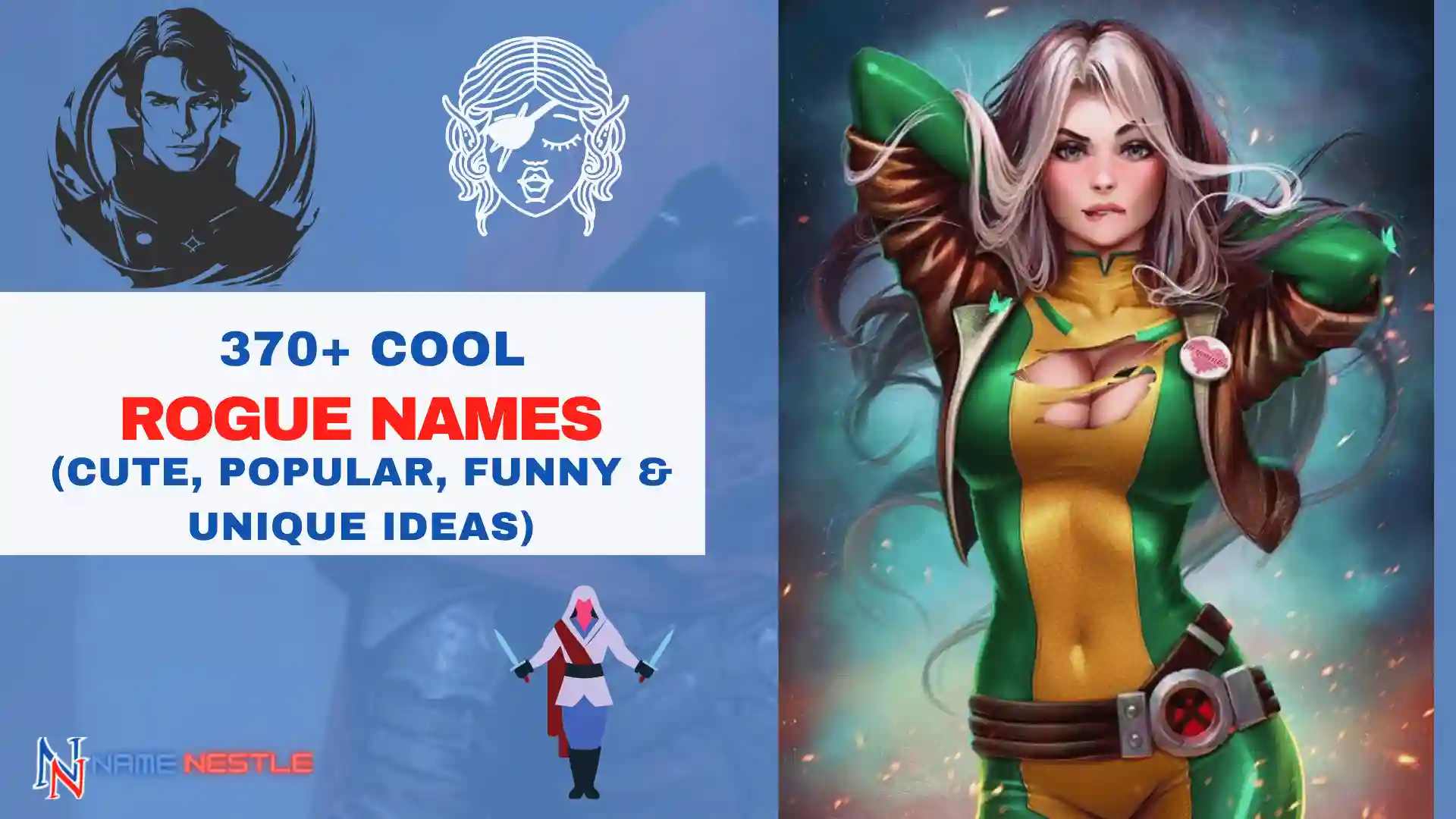
Did you know that the concept of gamertags dates back to the early 2000s? It may come as a surprise, but these unique usernames have a fascinating history.
From their humble beginnings in online gaming communities to becoming an integral part of modern gaming culture, gamertags have evolved significantly over time.
Discover how gamers’ creativity and individuality shine through their chosen aliases, leaving a lasting impact on both personal experiences and multiplayer dynamics.
Understanding the Significance of Gamertags
Personal Identification and Branding
Gamertags are unique usernames that players choose to represent themselves in online gaming communities. These usernames serve as a form of identification and personal branding in the gaming world. When players create their gamertag, they have the opportunity to express their individuality and make a name for themselves within the gaming community.
A gamertag is like a virtual identity card that allows other players to recognize and interact with each other. It’s similar to having your own personalized license plate on a car or a username on social media platforms. Just as people use their real names or catchy usernames on social media accounts, gamers use gamertags to establish an online presence and connect with others who share similar interests.
Reflecting Personality, Interests, and Skills
The significance of gamertags lies in their ability to reflect a player’s personality, interests, or gaming skills. Players can get creative when choosing their gamertags by incorporating elements that showcase who they are as individuals.
For example, someone who loves racing games might choose a gamertag like “SpeedDemon” or “RacingChamp.” A player who enjoys fantasy role-playing games might opt for something like “MagicMaster” or “DragonSlayer.” These choices not only reveal aspects of the player’s preferences but also help them find like-minded individuals in the gaming community.
Gamers may also select gamertags that highlight their skill level or achievements in specific games. A highly skilled player might choose a tag such as “ProGamer” or “EliteSniper,” signaling expertise in particular genres or game modes.
Historical Evolution of Gamertags
Origins and Simplicity
The history of gamertags can be traced back to the late 1990s when online multiplayer gaming started to gain popularity. During this time, players needed a unique identifier that would distinguish them from others in the virtual gaming world. This led to the birth of gamertags.
In the beginning, gamertags were quite simple and limited in terms of characters. Technical limitations at that time meant that gamers had to choose short names or abbreviations for their tags. These early gamertags served as basic identifiers rather than personal expressions.
Advancements and Customization
As technology advanced and online gaming became more widespread, so did the evolution of gamertags. With these advancements, gamers now had more options for customization and self-expression through their chosen tags.
Today, modern consoles and platforms offer an array of features that allow players to create unique and personalized gamertags. Players can choose from a wide range of themes, symbols, colors, fonts, and even animated elements to make their tags stand out.
This increased level of customization has not only made it easier for players to express themselves but has also fostered a sense of identity within gaming communities. Gamers are able to showcase their personality or interests through creative combinations or references in their chosen tags.
Cultural Influence on Gamertags
Reflecting Cultural References
Gamertags, the usernames or aliases used by gamers, often reflect cultural references that resonate with players. These references can include movies, music, sports, and even internet memes. For example, a gamer might choose the gamertag “MovieBuff23” to showcase their love for films or “RockstarGuitarist” to highlight their passion for music. By incorporating these cultural elements into their gamertags, players express their interests and create connections with like-minded individuals in the gaming community.
Unique Naming Conventions
Different cultures have unique naming conventions and preferences. In some cultures, using one’s real name as a gamertag is common practice as it reflects personal identity and authenticity. On the other hand, certain cultures may prefer creative pseudonyms that allow players to adopt alter egos or personas within the gaming world.
For instance, in Japanese culture where honorifics are significant, gamers may incorporate suffixes like “-san” or “-chan” into their gamertags as a way of expressing respect or familiarity towards others. Meanwhile, in Western cultures where individuality is highly valued, gamers might opt for imaginative monikers such as “ShadowNinja” or “CaptainAdventure.”
Shaping Trends and Popularity
Cultural influences play a crucial role in shaping trends and determining the popularity of certain types of gamertags within specific gaming communities. For example, if a popular movie franchise releases a new installment featuring an iconic character with distinct traits or catchphrases (“MayTheForceBeWithYou”), it’s not uncommon to see an influx of similar-themed gamertags (“JediMaster123”) among fans.
Crafting the Perfect Gamertag
Uniqueness and Originality
One of the most important factors to consider is uniqueness. You want your gamertag to stand out from the crowd and be memorable among fellow gamers. By choosing an original gamertag, you can make a lasting impression and establish your own identity in the gaming community.
To achieve uniqueness, you can think outside the box and come up with creative combinations of words or use unique symbols or characters. Avoid using common phrases or clichés that are already overused by other players. Instead, try incorporating elements that reflect your personality, interests, or favorite games into your gamertag.
Easy to Remember and Pronounce
Another crucial aspect when crafting a gamertag is ensuring that it is easy to remember and pronounce. A simple yet catchy name will help others recognize you quickly during gameplay sessions. Consider using short words or abbreviations that are easy for others to spell out loud.
You may also want to avoid complex spellings or excessive numbers in your gamertag as they can make it harder for others to remember or pronounce correctly. Aim for something that rolls off the tongue easily so that other players won’t hesitate before calling out your name in multiplayer matches.
Balancing Creativity with Relevance
Finding the right balance between creativity and relevance is key when creating a successful gamertag. While being unique is important, it’s equally essential for your tag to have some connection with either your personal interests or gaming skills.
For example, if you excel at first-person shooter games, incorporating terms related to shooting accuracy could be an effective strategy.
Unveiling the Stories Behind Famous Gamertags
Real-Life Experiences and Fictional Characters Inspire Gamertags
Some famous gamertags have intriguing stories behind their creation. These usernames are often inspired by real-life experiences or beloved fictional characters. Imagine playing alongside a gamer named “DragonSlayer,” who chose that name because of their fascination with medieval tales and mythical creatures. Or perhaps you encounter someone with the gamertag “Speedster,” which they adopted after winning a thrilling race in real life. These stories add depth and personality to gamertags, making them more than just random combinations of letters and numbers.
Recognition Through Exceptional Gameplay Skills and Competitive Events
Famous gamertags don’t become legendary overnight; they earn recognition through exceptional gameplay skills or participation in competitive gaming events. Consider the story of “MasterGamer,” who spent countless hours honing their gaming abilities to become one of the best players in a popular online game. As word spread about their incredible talent, other gamers began recognizing them as “MasterGamer.” Similarly, some professional esports players gain fame through tournaments where they showcase their skills on a global stage under unique gamertags like “Ninja” or “Faker.”
These tales of skill and achievement associated with famous gamertags inspire others to strive for greatness in gaming.
Inspiring Others When Choosing Unique Usernames
The stories behind famous gamertags can serve as inspiration when choosing your own unique username. By observing how others have crafted meaningful identities within the gaming community, you can find ideas that resonate with your interests, passions, or personal achievements.
The Role of Gamertags in Online Identity
Establishing an Online Identity
Gamertags are more than just a username or handle; they serve as the virtual identity for gamers in the online world. These unique names allow players to express their individuality and create a distinct persona within gaming communities. By choosing a gamertag, players can establish their presence and leave a lasting impression on others.
Building Connections and Reputation
A well-known gamertag can become synonymous with a player’s reputation. When gamers consistently perform well or exhibit exceptional skills, their gamertags gain recognition among other players. This recognition can lead to friendships, rivalries, and even collaborations within the gaming community.
Gamers often form bonds based on shared interests and experiences through their gamertags. For example, if two players frequently encounter each other during gameplay sessions and develop mutual respect for each other’s skills, they may decide to team up or compete against one another regularly. In this way, gamertags act as social connectors that facilitate interactions between individuals who might not have otherwise crossed paths.
Sense of Belonging and Recognition
In the vast landscape of online gaming, where millions of players participate across various platforms, having a unique gamertag provides individuals with a sense of belonging. It distinguishes them from others while also allowing them to be part of something bigger—a vibrant community united by shared interests and passions.
Moreover, having an established gamertag grants recognition within gaming circles. Players who have achieved milestones or accomplished remarkable feats often receive acknowledgment from fellow gamers when their accomplishments are associated with their recognizable gamertags. This recognition boosts confidence levels and motivates players to continue pushing boundaries in pursuit of new achievements.
Challenges and Controversies Surrounding Gamertags
Offensive or Inappropriate Gamertags Spark Controversies
One of the challenges surrounding gamertags is the issue of offensive or inappropriate usernames. Sometimes, people choose gamertags that contain offensive language, hate speech, or other inappropriate content. This can lead to controversies and create a negative gaming environment for others. Gaming platforms have recognized this problem and have implemented stricter regulations to prevent the use of such gamertags.
Balancing Freedom of Expression with Respectful Gaming Environment
Another challenge related to gamertags is finding a balance between freedom of expression and maintaining a respectful gaming environment. While it’s important for players to have the freedom to choose their own usernames, it’s equally important to ensure that these usernames do not promote discrimination, harassment, or any form of abuse towards others.
Gaming platforms are constantly working on improving their systems to detect and flag offensive gamertags. They rely on both automated algorithms and user reports to identify problematic usernames. When an offensive username is reported or detected, appropriate actions are taken by the platform administrators which may include warnings, temporary suspensions, or even permanent bans from using certain features.
Challenged by Availability: Coming Up with Alternative Options
In addition to controversies surrounding offensive gamertags, some players face challenges when their desired usernames are already taken by someone else. This requires them to come up with alternative options that still represent their online identity while being unique enough.
To overcome this challenge, players often get creative by adding numbers or special characters in their chosen names. For example, if “JohnSmith” is already taken as a gamertag, John might try variations like “JohnSmith123” or “J0hnSm1th”.
The Future Landscape of Gamertags
Advancements in Customization Options
With advancements in technology, the future of gamertags looks promising. One exciting aspect is the potential for more innovative and interactive gamertag customization options. Players may have greater control over their gamertags, allowing them to personalize them even further. This could include selecting unique fonts, colors, or even animated elements to make their gamertag stand out from the crowd.
Integration with Virtual Reality and Augmented Reality
Another factor that could impact the future of gamertags is the integration of virtual reality (VR) and augmented reality (AR) gaming experiences. As VR and AR become more prevalent in gaming, it’s possible that gamertags will be displayed or used differently within these immersive environments. For example, players might see each other’s gamertags floating above their avatars’ heads in a virtual world or have the option to interact with others through voice commands associated with their gamertag.
Cross-Platform Compatibility and Seamless Integration
As online gaming continues to grow in popularity, one trend we might see in the future landscape of gamertags is increased cross-platform compatibility and seamless integration across different games. Currently, players often need separate accounts or usernames for different platforms or games they play. However, as technology advances and game developers prioritize user convenience, it’s possible that a single gamertag realm could be created where players can use the same tag across multiple platforms without any hassle.
Summary
In conclusion, gamertags have a rich history and cultural significance that extends far beyond their function as usernames in online gaming. They have evolved alongside the gaming industry, reflecting trends, personal identities, and even societal changes. From their humble beginnings as simple handles to their current status as a form of online identity, gamertags have become an integral part of the gaming experience.
Crafting the perfect gamertag involves careful consideration of personal preferences, creativity, and cultural references. Famous gamertags like “Ninja” or “PewDiePie” have become household names, representing not only the individuals behind them but also the communities they belong to. However, challenges and controversies surrounding gamertags also exist, such as offensive or inappropriate names that can harm others’ experiences.
As we look to the future landscape of gamertags, it is important to consider how they will continue to shape online gaming and social interactions. With advancements in technology and the growing influence of esports, gamertags will likely play an even more significant role in defining our digital identities. So, whether you’re a seasoned gamer or just starting out, take a moment to reflect on the power and impact of your own gamertag and how it contributes to the vibrant world of online gaming.
Frequently Asked Questions
What is the significance of gamertags?
Gamertags hold great importance in the gaming world as they serve as unique identifiers for players. They allow gamers to express their individuality and create an online persona that represents them in multiplayer games and communities.
How have gamertags evolved over time?
Gamertags have come a long way since their inception. Initially, they were simple usernames, but now they can be customized with various symbols, numbers, and even emojis. This evolution has allowed gamers to personalize their gamertags and stand out in the gaming community.
How does culture influence gamertag choices?
Culture plays a significant role in shaping gamertag choices. Gamers often draw inspiration from their favorite movies, books, music genres, or cultural references when creating their gamertags. This allows them to showcase their interests and connect with like-minded individuals within the gaming community.
How do I craft the perfect gamertag?
Crafting the perfect gamertag requires creativity and self-expression. Consider incorporating elements that reflect your personality or interests while keeping it memorable and easy to pronounce. Experiment with different combinations of words, characters, or references until you find a unique name that resonates with you.
Can you share some stories behind famous gamertags?
Certainly! Famous gamertags like “Ninja” (Tyler Blevins) or “PewDiePie” (Felix Kjellberg) have become household names within the gaming industry. These individuals chose catchy yet meaningful names that aligned with their personas and helped propel them into stardom within the gaming community.

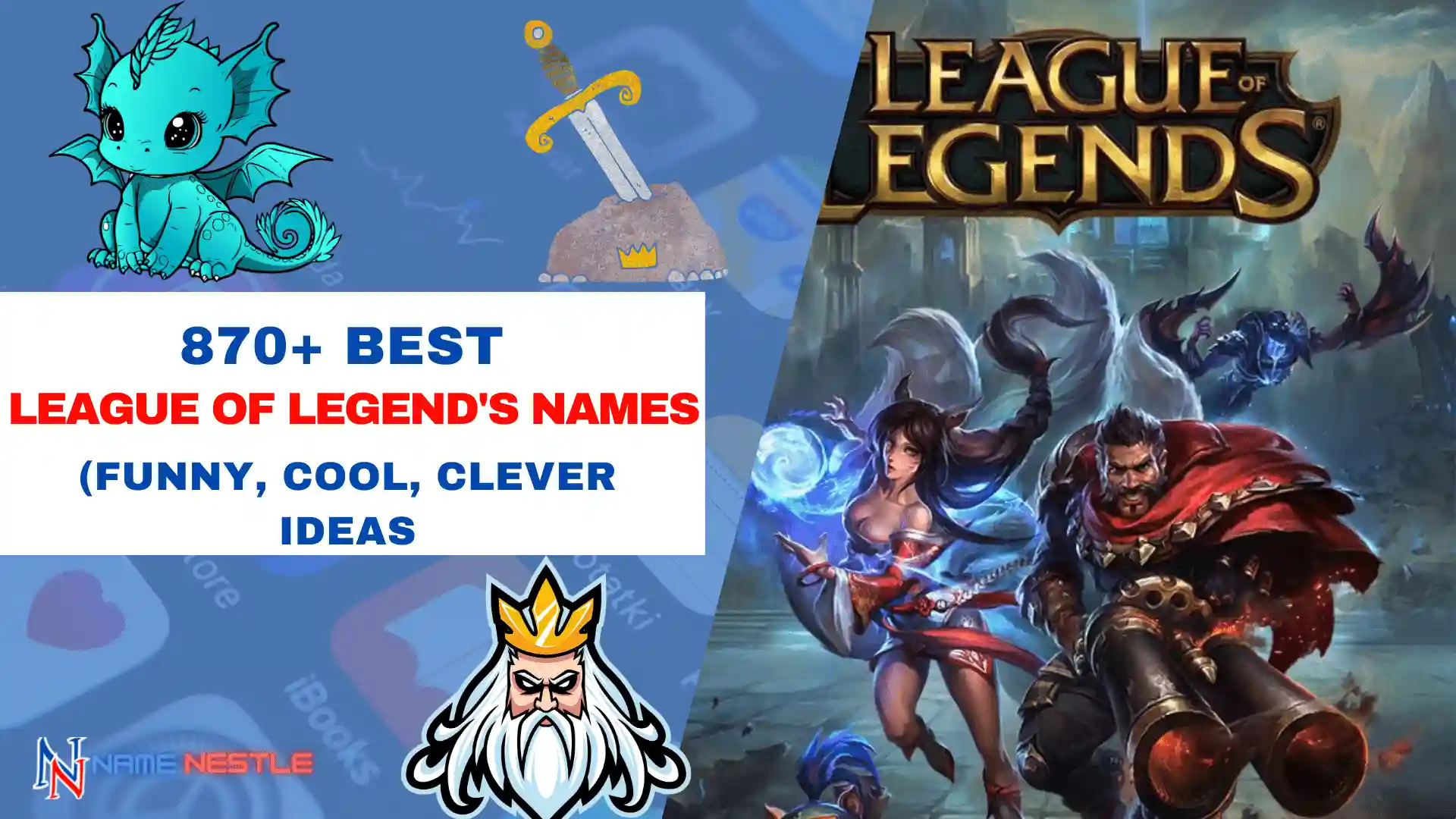



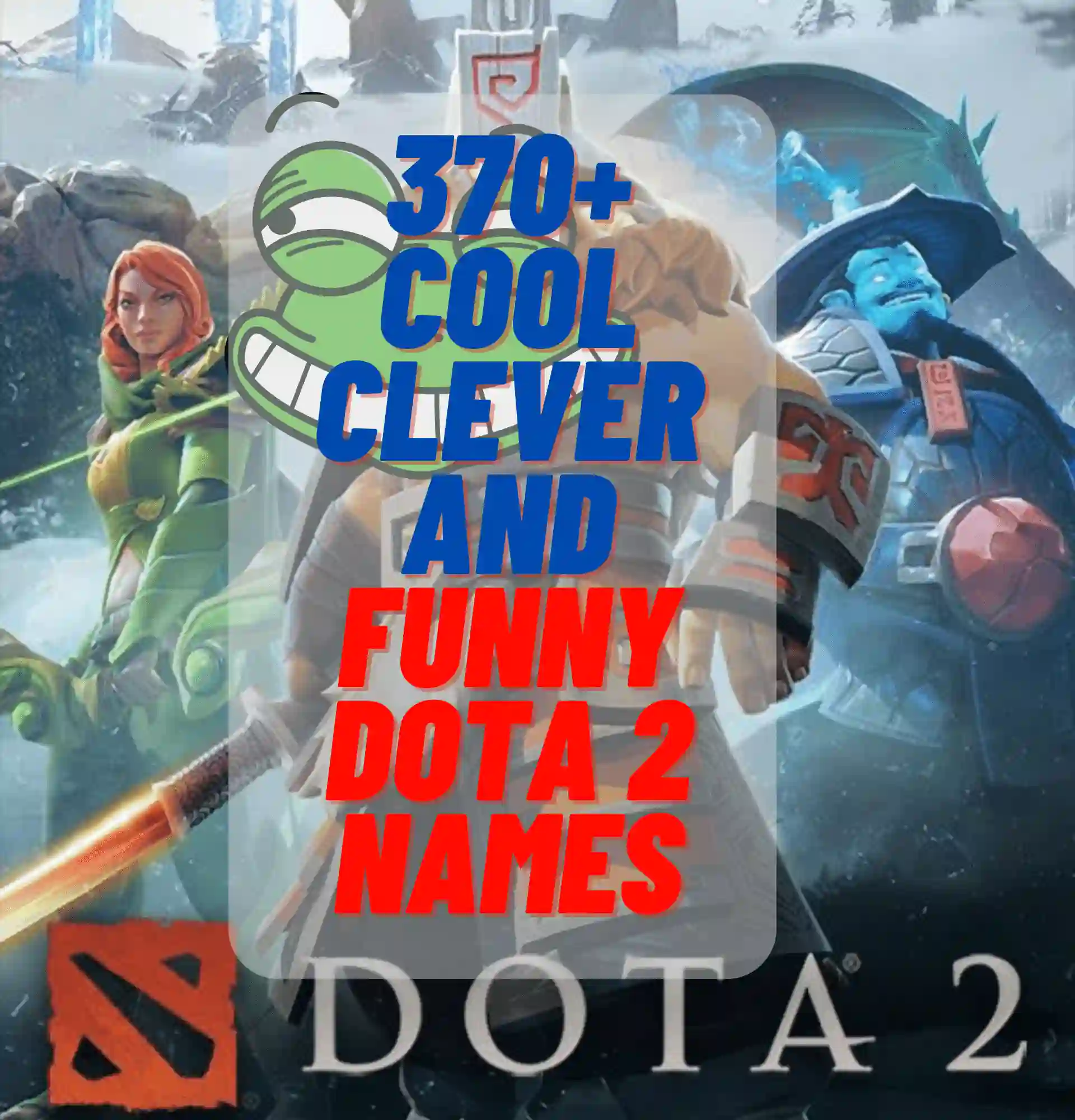
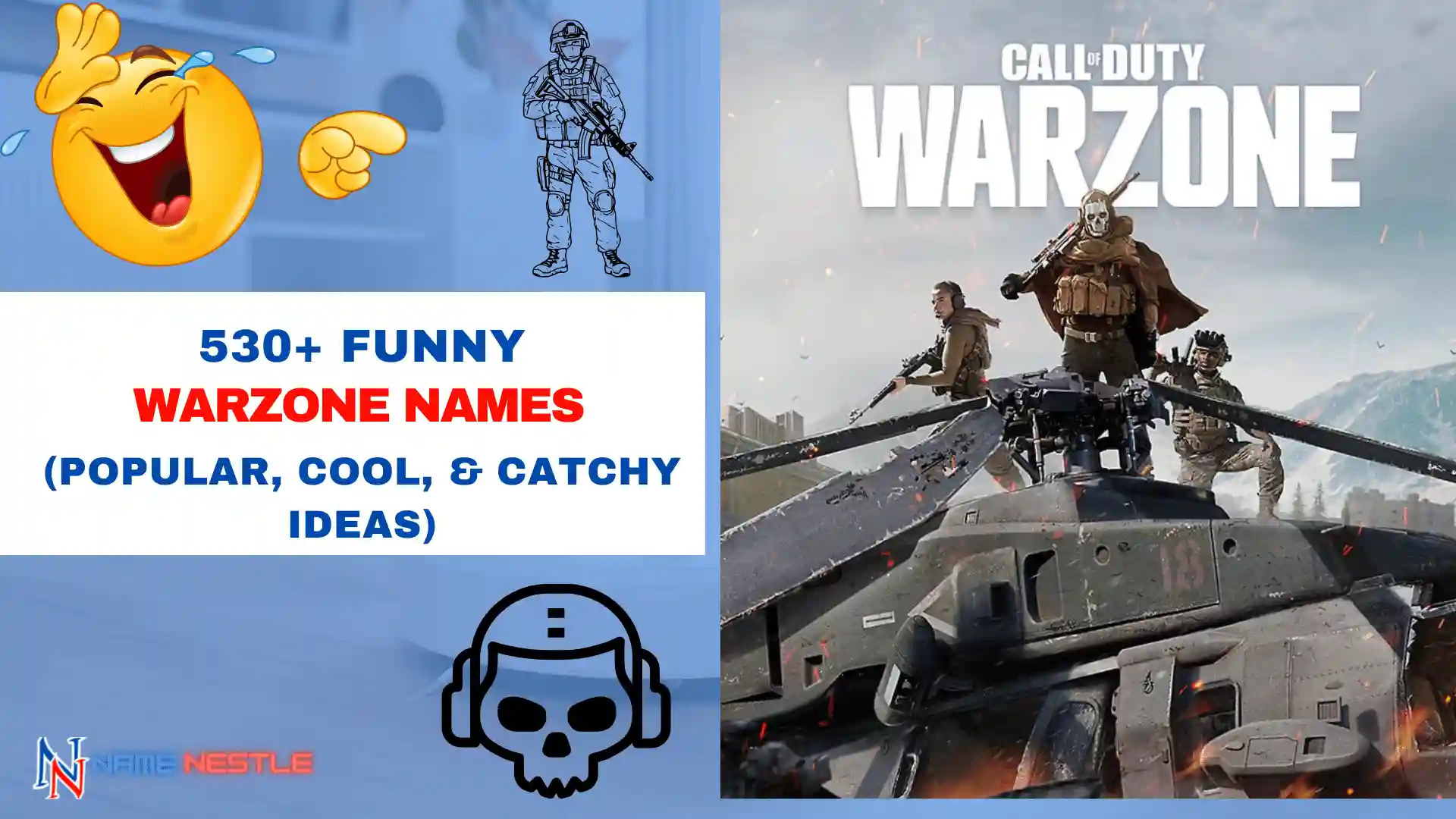






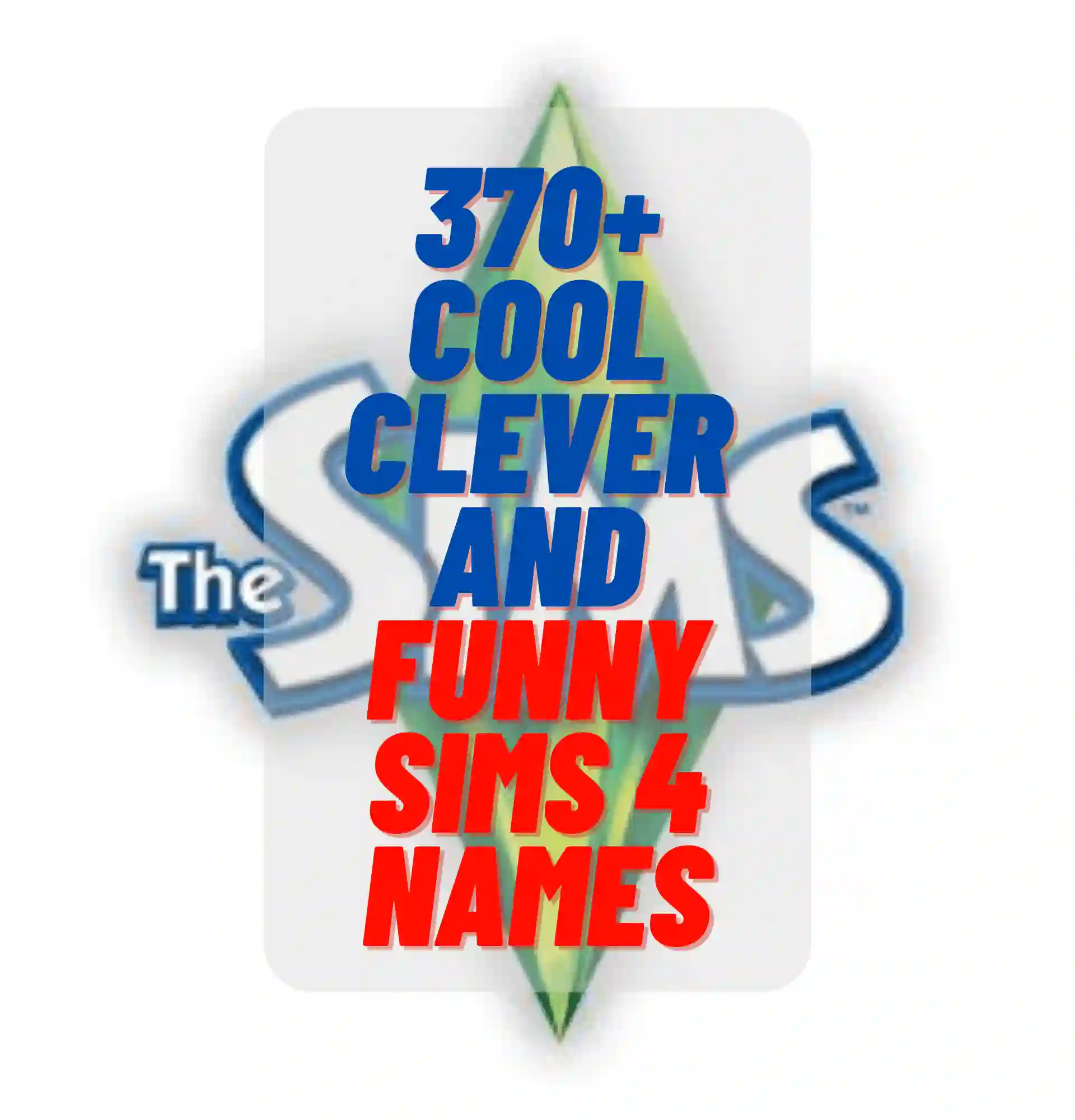

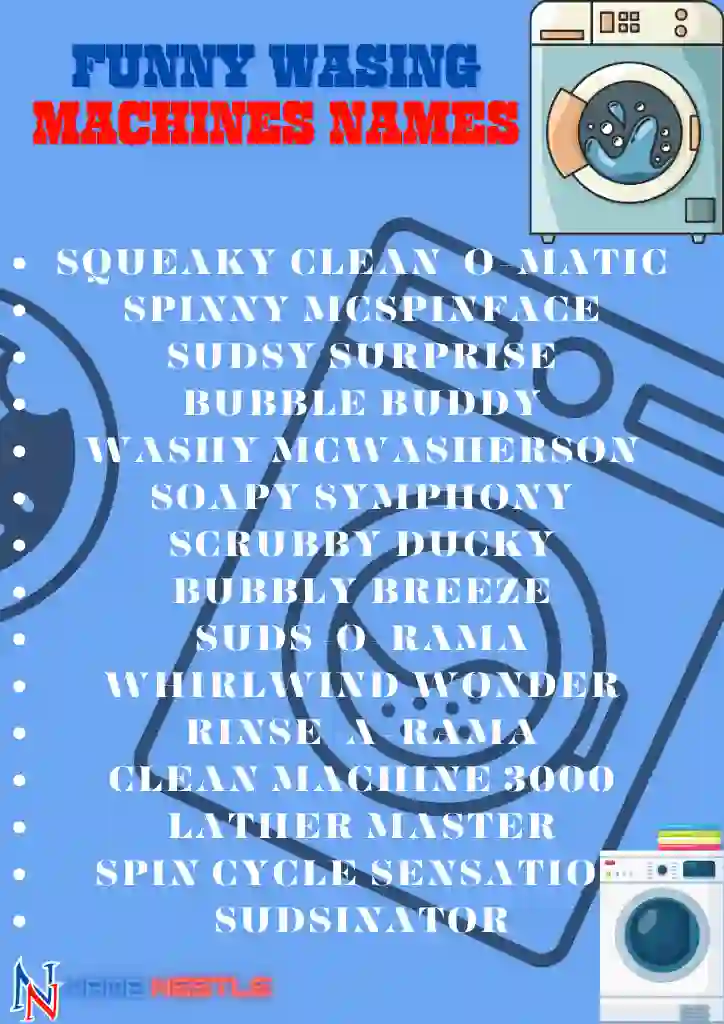


![490+ Funny Laptop Names [Cool & Op Ideas] 23 490+ Funny Laptop Names](https://namenestle.com/wp-content/uploads/2024/03/funny-laptop-names.webp)






